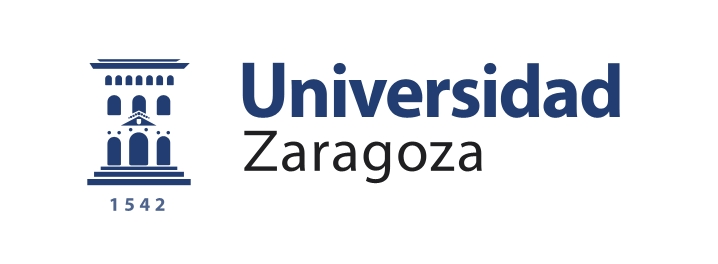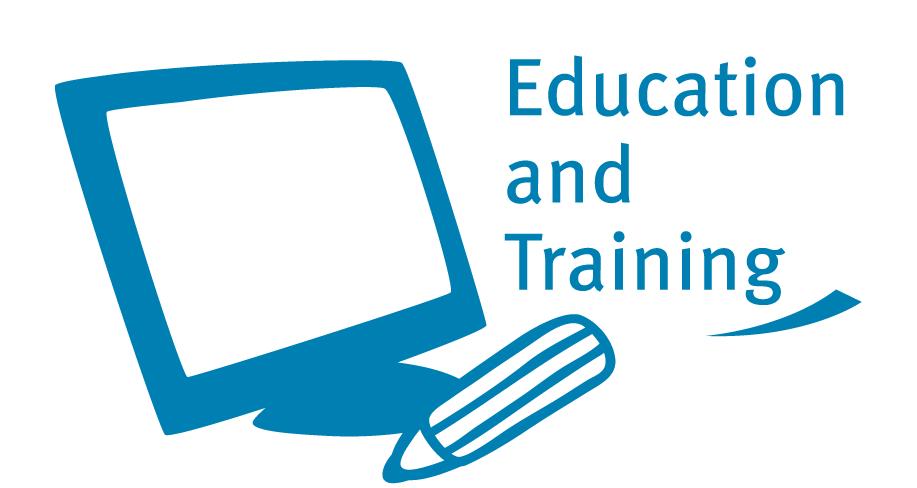Knowledge Society and Law Exchanging Experiences in the Mediterranean Europe
|
|
|
||
|
|
|
|
|
|
Knowledge Society and Law Exchanging Expiriencies in the Mediterranean Europe 26th April 2004
Consiglio Nazionale delle Ricerche Piazzale Aldo Moro 7-Roma |
|||
|
PRESENTATION
The Legal Framework for the Information Society has as objective to introduce, starting from the elaboration of normative proposals, the Information and Communication Technologies in the Faculties and Schools of Law, and to promote the study of regulations and practice codes in the Polytechnic Centres. LEFIS wants to elaborate also didactic solutions, either on-line or off-line, and to experience the use E-learning tool in order to harmonize the teaching methodology in the diverse countries of the European Union. Another objective of LEFIS is to elaborate policies on Law and new technologies coming from discussions originated in the different regions of the European Union, assisting to their particular demands, traditions and requirements of the countries that integrate the Thematic Network. |
|||
|
PROGRAM FIRST SESSION – 9:30h Prof. Nicola Palazzolo, Director of the Institute for Computers and Law Theory and Technique of the National Research Council of Firenze. PRESENTATION OF THE LEFIS PROJECT Business Plan of LEFIS, Edo Bakker, Atos Origin, Spain. The E-learning in the LEFIS project, José Antonio Campos, FASE, Spain. The Walqa laboratory, Prof. Pedro Bueso, Walqa, Spain. Experience and perspectives of the LEFIS project , Prof. Fernando Galindo, professor of Computers and Law, University of Zaragoza, Spain. COFFEE BREAK- 11h KNOWLEDGE SOCIETY AND LAW: EXCHANGE OF EXPERIENCES The Spanish experience, Prof. Fernando Galindo, Professor of Computers and Law, University of Zaragoza, Spain. The Italian reality, Prof. Vincenzo Zeno-Zencovich, Professor of Compared Private Law, University of Rome.
E-education and the knowledge society. Bach. Roberta Nannuci, ITTIG-CNR, Firenze. The E-learning in the University of Bologna, Prof. Carla Faralli, Director of the CIRSFID, University of Bologna. Computers and law in the polytechnic institutes. Prof. Manuel Masseno, polytechnic Institute of Beja, Portogallo. The procedural Law in the net: the experience of " Leyprocesal ". Prof. Antonio Lorca, University of San Sebastián, Spain. DEBATE 13h. SECOND SESSION – 14:30h.
Prof. Giovanni Sartor, Professor Computers and Law and Philosophy of Law, CIRSFID, University of Bologna.
Open code and intellectual property of the software, Representative of Microsoft Italia. The use of Linux in the Public Administration, Representative IBM Italia. The regulation of the software against freedom and progress, Lawyer Guido Scorza, CIRSFID, University of Bologna. Transformation or revolution: multimedia as a creative genre, Lawyer Claudio Di Cocco, CIRSFID, University of Bologna.
Role of the juridical knowledge inside the electronic government. Prof Mónica Palmirani, Teacher Associated of Computers and Law, CIRSFID, University of Bologna. The experience of a European region: the Toscana. Bach. Isabella D’Elia, ITTIG-CNR, Firenze. Expert systems for the treatment of laws: from the theory to the commercial application, Bach. Claudia Cevenini, CIRSFID, University of Bologna. The searching of juridical information in the net. Prof. Constantino Ciampi, ITTIG-CNR, Firenze, Professor of Computers and law belonging to the School of Specialization in civil Law of the University of Camerino COFFEE BREAK 17H
Legal Forms and New Technologies, José Ángel Torres, University of the Balearic Islands, Spain. Public notaries and Electronic Signature, Cesar Belda, FESTE, Spain. Alternative resolution of the controversies regarding the ICT’s. Alberto Fortún, Cuatrecasas, Spain.
ORGANIZING COMMITTEE: Prof. Giovanni Sartor (CIRDFID), Bach. Roberta Nannucci (ITTIG-CNR), Bach. María Angela Biasioti (ITTIG-CNR), Bach Gioacchino Quadri Di Cardano (CIRDFID) Secretary: Gabriella Bargellini, Simona Binazzi (ITIIG-CNR)
Presidency of the Deputies’ Camera Ministry of Education, universities and investigations. Ministry of Communications.
Ministry of the Technological Innovations. Forensic National Council.
|
|||
|
|
|||
























